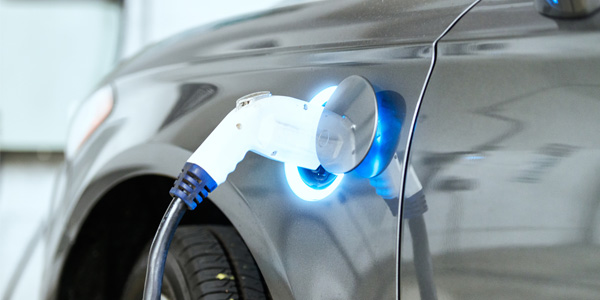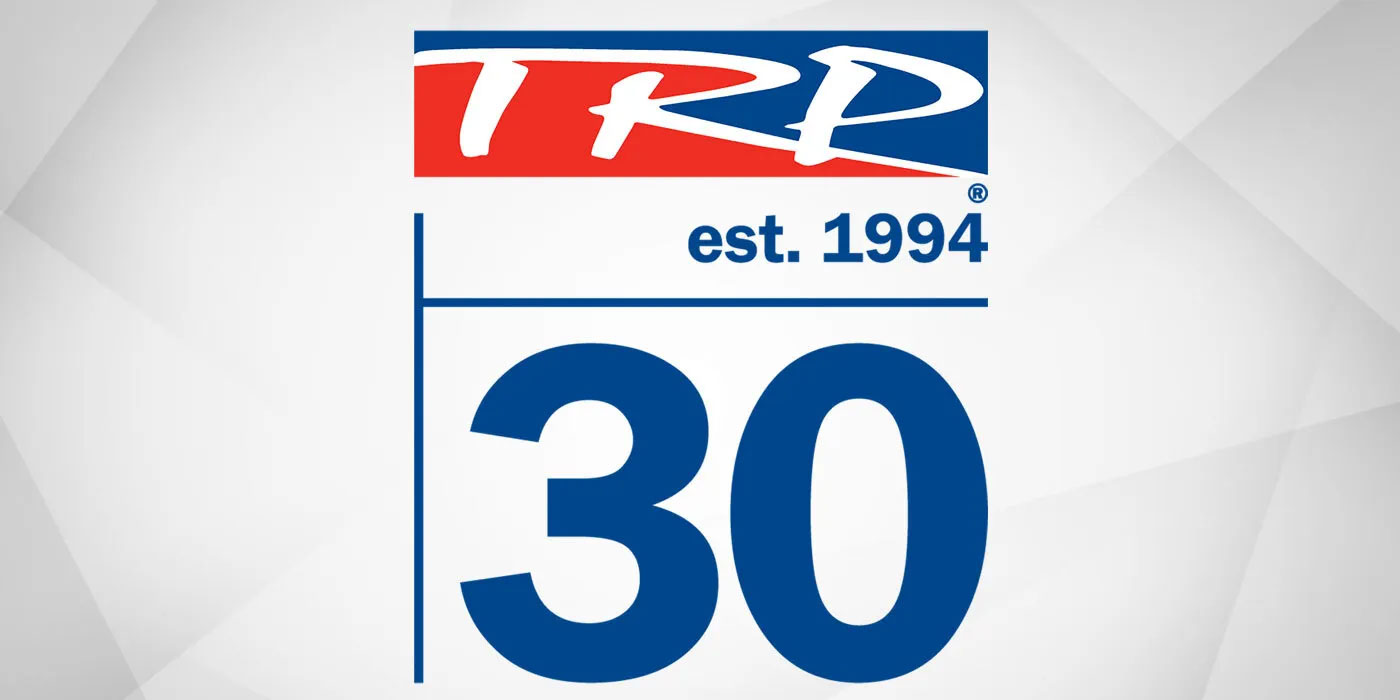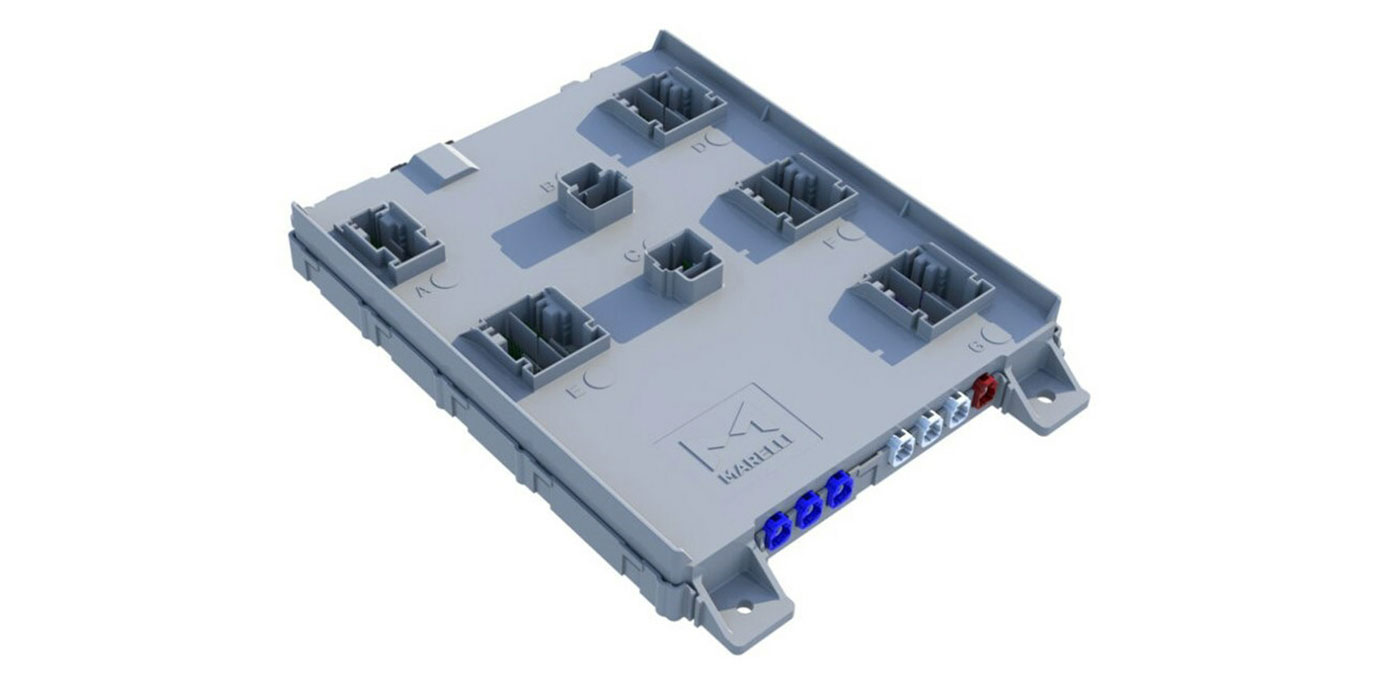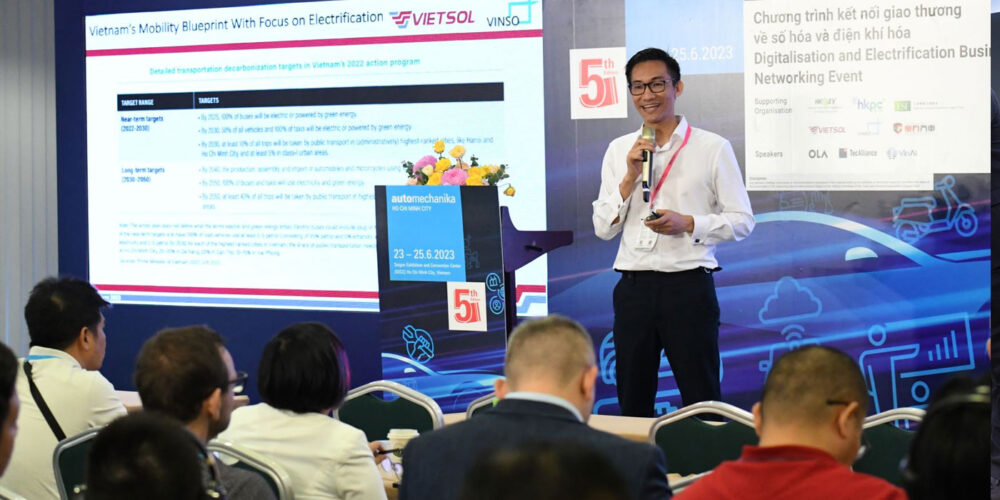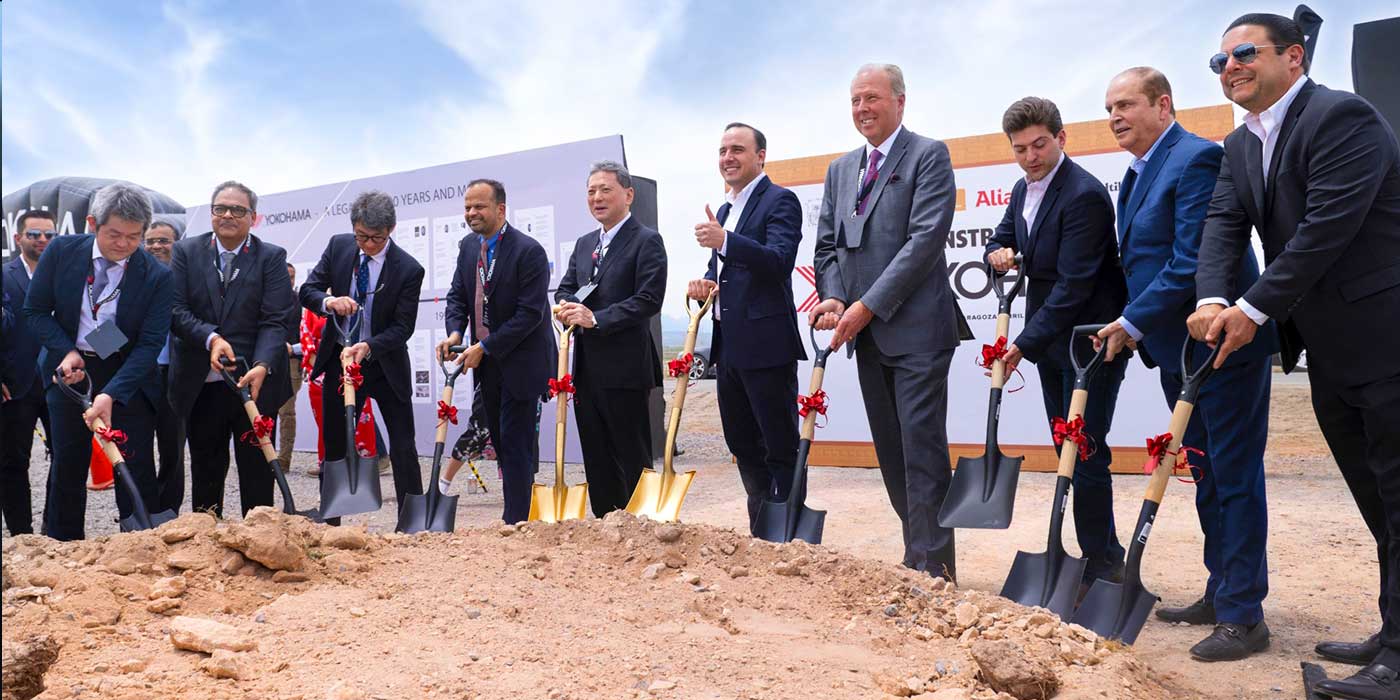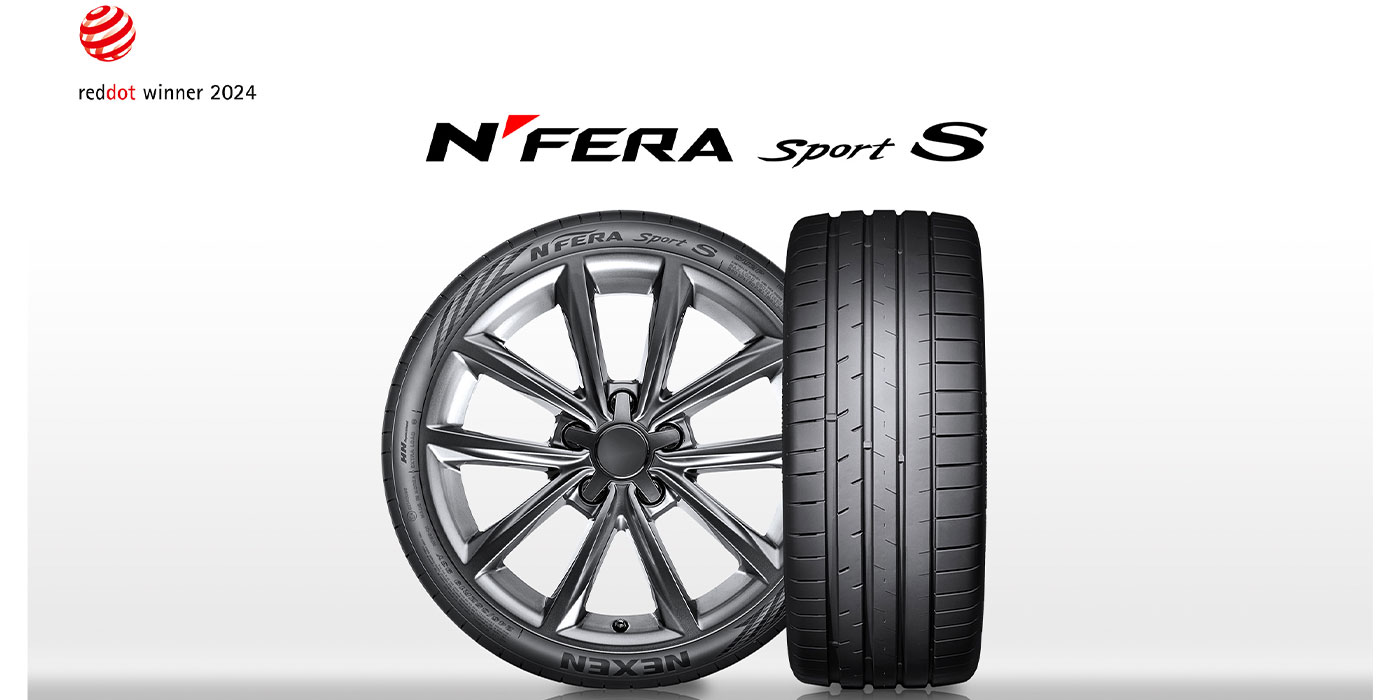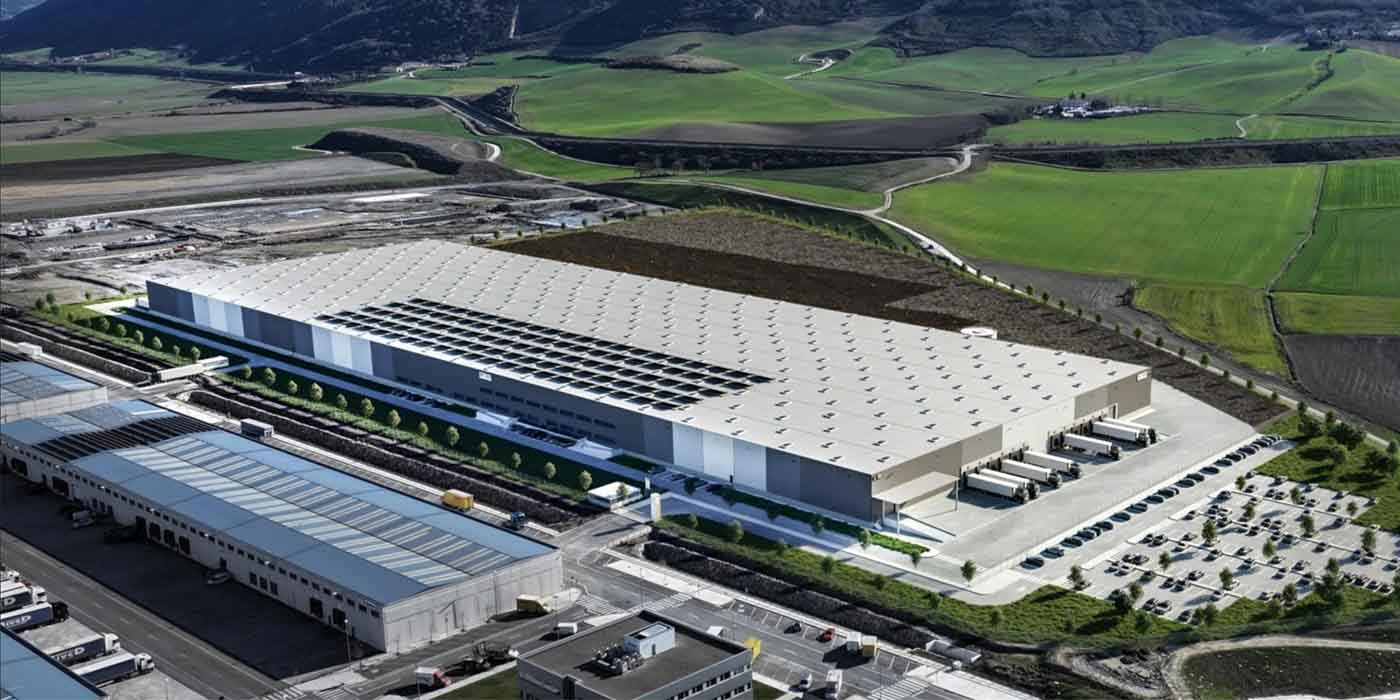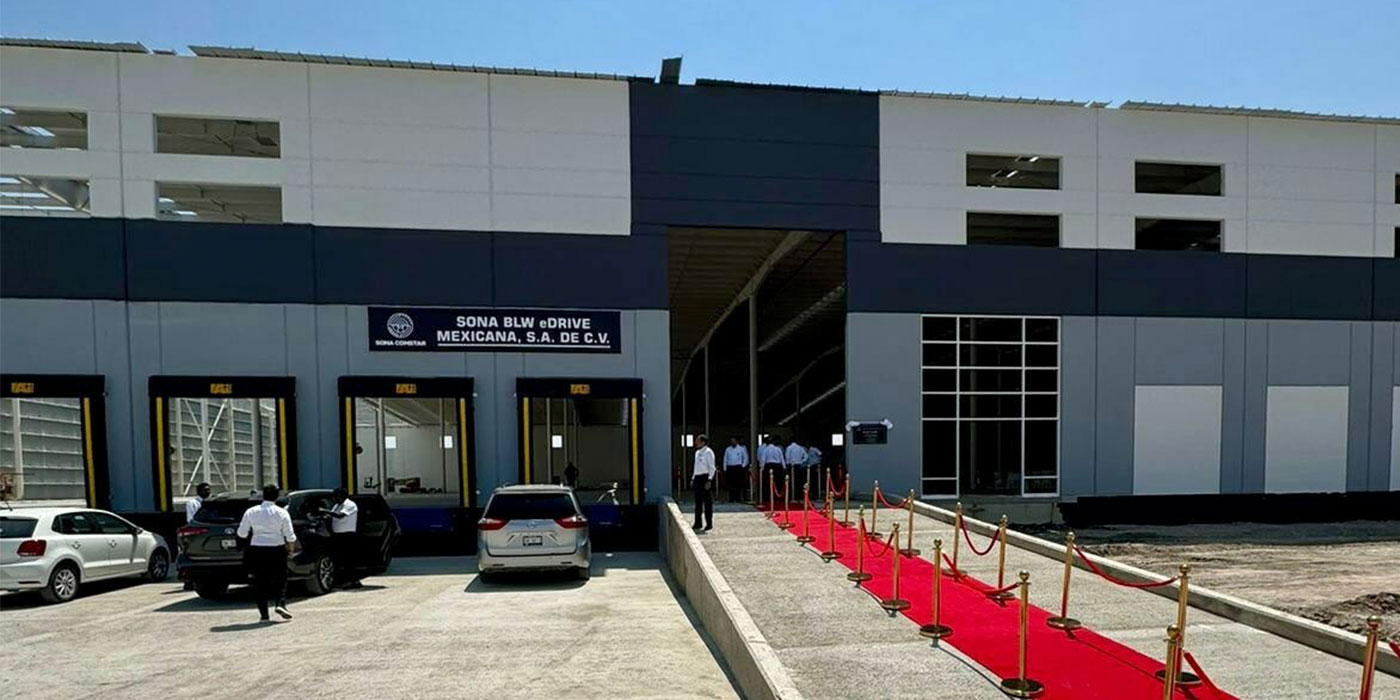Electric vehicles could be integral to the world improving its environmental performance. GlobalData’s power technology writer, JP Casey says: “Thanks to improvements in operational efficiency and reductions in the production of harmful pollutants compared to combustion engine-powered vehicles, hope has grown that replacing existing car models with newer, electric equivalents could lead to positive change in the world’s pollution levels.
“Norway is one of the clearest success stories with regards to electric vehicle deployment, with the country’s Electric Car Association reporting that battery and hybrid-powered vehicles are now enjoying 50% of the car market share.
Tom Lindberg, CEO of energy solutions firm EcoHZ, explains Norway’s electric vehicle history, and how a populace willing to embrace new innovations, and a government eager to support growth, led to this remarkable transition.
Lindberg says: “In Norway, 9% of the whole car fleet is now electric. We’re not talking hybrid or anything like that, we’re talking full electric.
“Almost half of all new sold cars are pure electric and the pace is continuing to pick up; when you ask people what type of car they want to get next time, I think about 70% say: ‘Well, it’s going to be electric’, because they know that electric is easy. It’s cheap, it’s cheaper to operate, it’s better to drive, and basically, there are no downsides.
“This electric car revolution started, quite a long time ago. In the beginning it was actually trying to incentivize this industry and support this very nascent new industry, because we thought it would be cool.
“They produced 200 cars and then a few other electric alternatives came; one came from India, it was called Reva. It looked like a Flintstones car; it came out in 2006. The city of Oslo thought it was cool and it had all these little things driving around, with all these green warriors, and it became part of the scene and the city. What they did is they allowed them [benefits such as] free charging. They also took away the VAT and all the taxes and import taxes on the cars [so] that they would be able to have a price [that is] fairly comfortable.
“In Norway, one of the reasons why the uptake hasn’t been higher is that there haven’t been any cars available. Right now, one of our biggest problems is that because of the EU regulations, a lot of the EU countries actually have to have cars delivered into their countries, leaving Norway, the biggest market, with very few cars. So, access to cars has been a huge issue. I think it will no longer be [an issue] in two or three years.
“However, I think that over time, you have to take away [the financial] benefits, especially commercial, benefits, because the price of batteries in the new cars is falling steadily. So, I think they will be competitive without VAT and income tax support. I don’t think it will go away overnight; it will be more like a gradual decrease and maybe in five years, at the end of that, they will be more or less aligned with other cars.”

